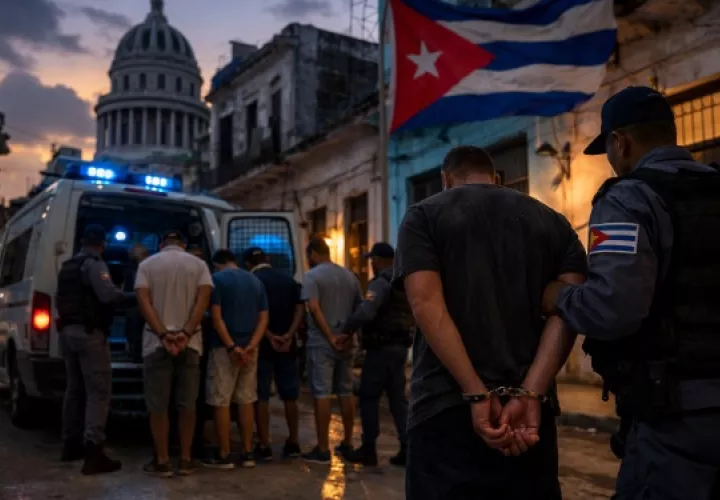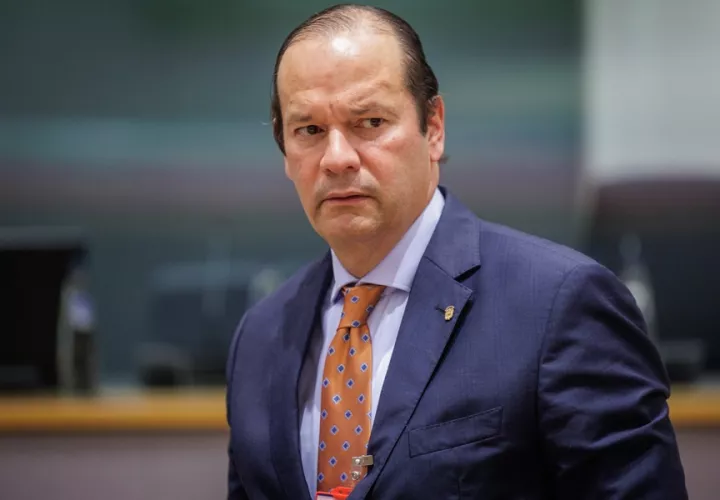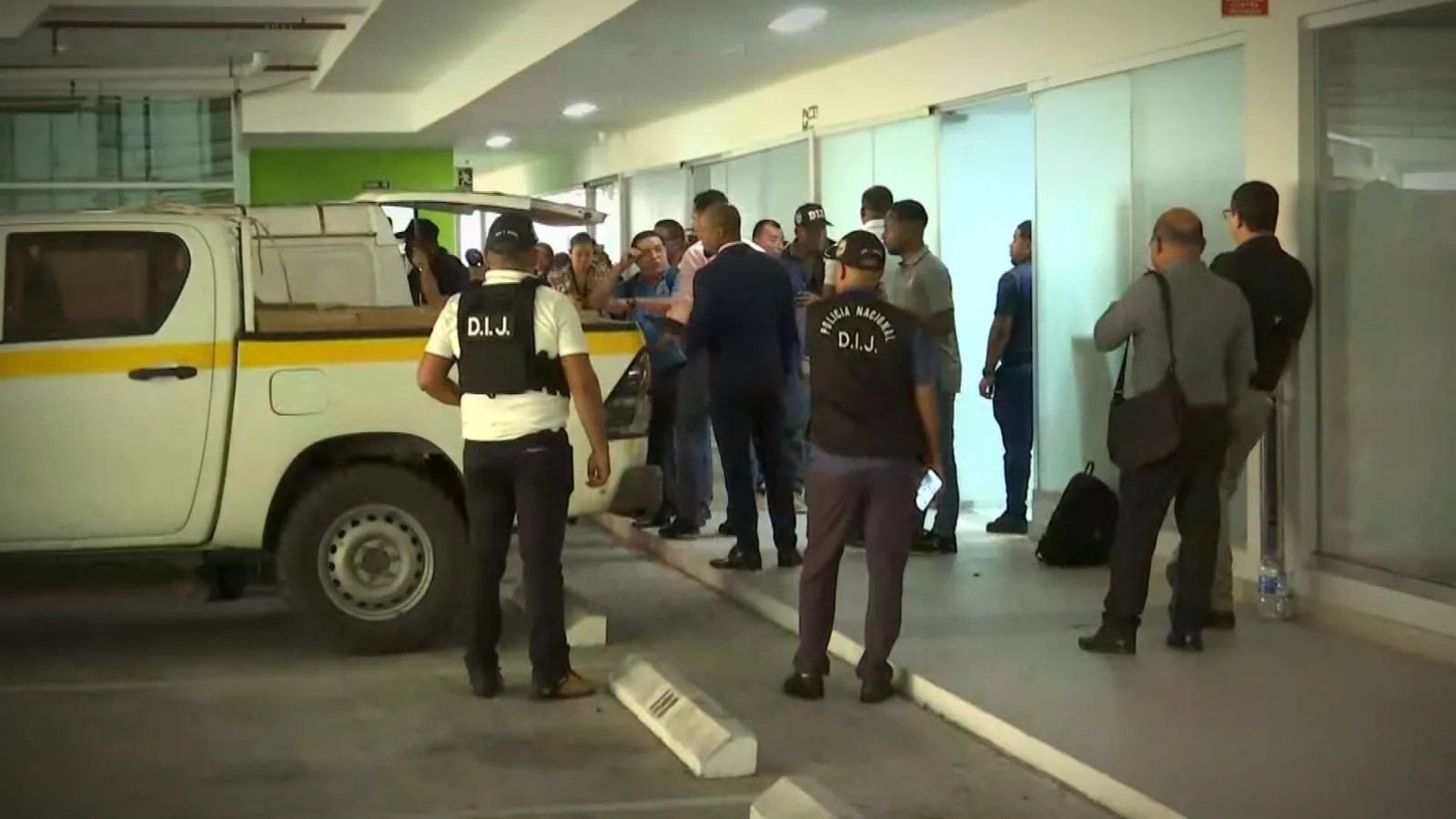Mayor Mayer Mizrachi Harshly Criticizes Galván for the Tax Crisis in Colón Panama
The mayor of the capital, Mayer Mizrachi stated that Galván’s speech was misguided, calling it a failure and populist. In his remarks, the mayor of the capital emphasized that creating new taxes is unnecessary, as the country’s free trade zones are governed by a special regime that exempts them from paying municipal taxes.

The mayor of Panama City, Mayer Mizrachi , strongly criticized his counterpart in the Colón district , Diógenes Galván, after denouncing the non-payment of municipal taxes by more than 2,000 companies located in the Colón Free Zone. According to Galván, this situation worsens the municipality’s finances and hinders the ability of local governments to provide effective solutions to community problems. Mizrachi stated that Galván’s speech was misguided, calling it a failure and populist. In his remarks, the mayor of the capital emphasized that creating new taxes is unnecessary, as the country’s free trade zones are governed by a special regime that exempts them from paying municipal taxes, as stipulated by law.
The mayor of Panama City also emphasized that local governments depend on decentralization funds from the Property Tax (IBI). However, he argued that the resources allocated to municipalities have become increasingly scarce each year, hindering their ability to address the problems of citizens and communities. Mizrachi explained that in 2017, $160 million was collected in property taxes, all of which went to the municipalities. However, in 2025, with the approval of the new state budget, $230 million was collected, but only $80 million was allocated to the municipalities, while the central government retained $150 million.
Regarding this, the mayor stated that he attempted to discuss the situation with the minister and other government officials. The mayor reiterated that resources for municipalities are increasingly limited , even as community needs continue to grow. In this regard, he emphasized that district representatives and community boards are the first point of contact with citizens, who often demand improvements in their communities and go beyond their official responsibilities to address those demands.





